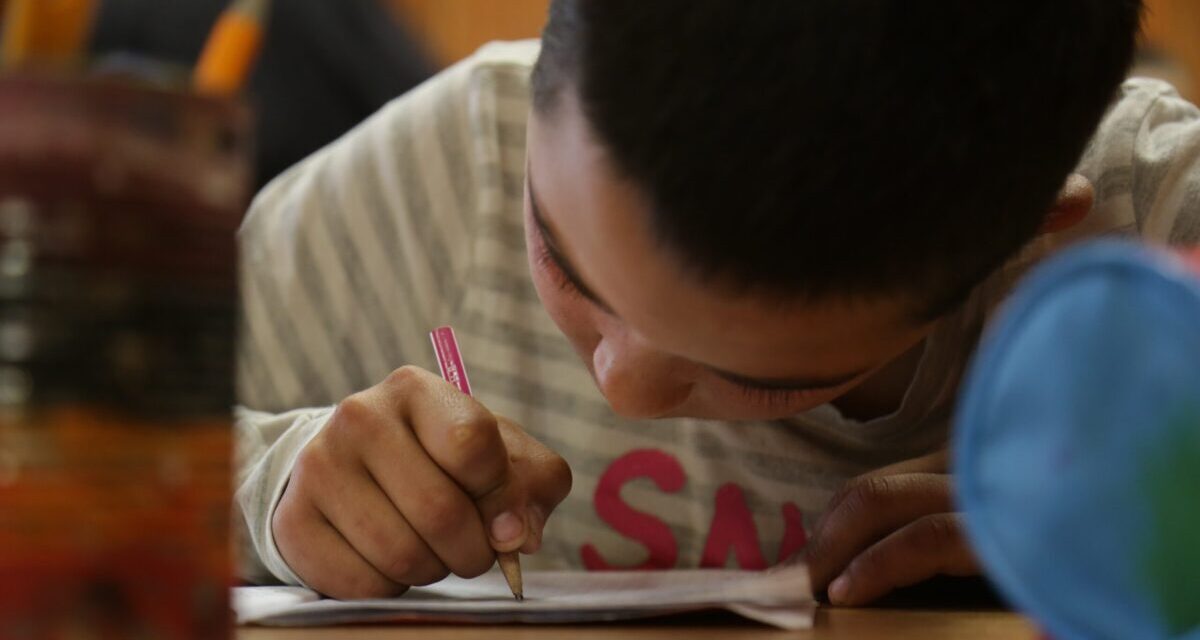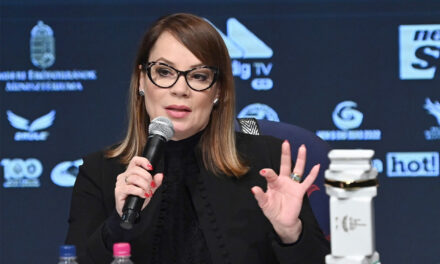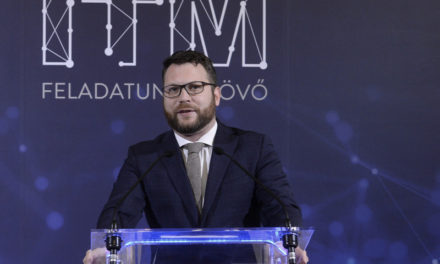The Hungarian Maltese Charity School Foundation, which has expanded with three new institutions in the 2023-24 academic year, is playing an increasingly decisive role in the education of children living in catch-up settlements, the charitable organization announced on Wednesday.
According to their description, they include eight kindergartens, seven primary schools, one development school and four vocational training schools, and 3,800 children start the new school year in these institutions.
They said that their schools and kindergartens typically operate in small towns in a difficult situation, and high schools in cities; They are located in Budapest, Gyöngyös, Dombóvár and Devecser. The vast majority of children are disadvantaged, so their catch-up requires more attention and complex work beyond traditional pedagogical tasks, they wrote.
"The Hungarian Maltese Charity Service takes on the role of kindergarten and school maintenance in more and more settlements that are catching up, because in the most disadvantaged settlements, a complex, child-oriented program and innovative solutions are needed to catch up with the children" - explained the takeover of three new institutions by Miklós Thaisz, the board of trustees of the Hungarian Maltese Charity School Foundation president, according to the announcement.
One model of the child-centered pedagogical approach is the creation of a smooth transition between school and kindergarten, which is easiest where the charity service operates both institutions. From this September, after Tarnabod, Gyulaj, Tiszabő and Tiszabura, Nyírpilis is one of these settlements.
In the new school year, project-based education begins at the Maltese vocational school in Gyöngyös: students in the 9th grade no longer study subjects, but take part in project-based training, the school year starts with a four-week preparatory month, which is followed by professional projects in six-week cycles, and the general knowledge subjects are arranged for these too.
In the Óbuda Vocational High School and Vocational School of the love service, an orientation year starts in September, which is based on the development of basic skills, key and career-building competencies, and career orientation activities, paying special attention to 21st-century employee competencies - such as cooperation, teamwork, critical thinking to strengthen thinking and problem solving.
The goal of the development is for students to choose a profession that matches their abilities and acquire the necessary foundations for learning the profession. The focus of the orientation training for Ukrainian and Venezuelan students attending the institution is the teaching of the Hungarian language and familiarization with professions, so that they can catch up with their contemporaries as soon as possible and successfully join Hungarian vocational training.
The Dobbantó program, which starts in Gyulaj primary and Dombóvár secondary schools, helps young people who have dropped out of primary school to obtain the missing qualifications and also provides partial vocational qualifications.
The purpose of basic competence development organized within the framework of the assistance program is to prepare young people struggling with behavioral and learning disorders, lagging behind in school education, or those who have already reached the age of 16, for vocational training.
Young people involved in the Dobbantó program can continue their studies in a workshop school, where they can acquire a part-time profession.
The program and the workshop school training based on it are currently the fastest and cheapest way for young people or adults without a general education to obtain the missing education, to return to vocational training or the labor market.
Attention was drawn to the fact that the digital project aimed at renewing teaching in Maltese primary schools will continue from September.
The project, which focuses on active learning and 21st century competencies and aims to change the digital pedagogical approach, was started with corporate donations collected by the Association of the Hungarian Knights of Malta, with a total of HUF 60 million. create a supportive learning environment for students in their grade.
From the donations, a creative pedagogy workshop was organized in Tiszabura in the last school year, and the robotics classes continue in Gyulaj. Mathematics teaching will also be radically renewed: from September, the Matific program, which teaches knowledge in a playful way, will help deepen students' knowledge.
MTI
Featured image: MMSZ/Bence Kovács













